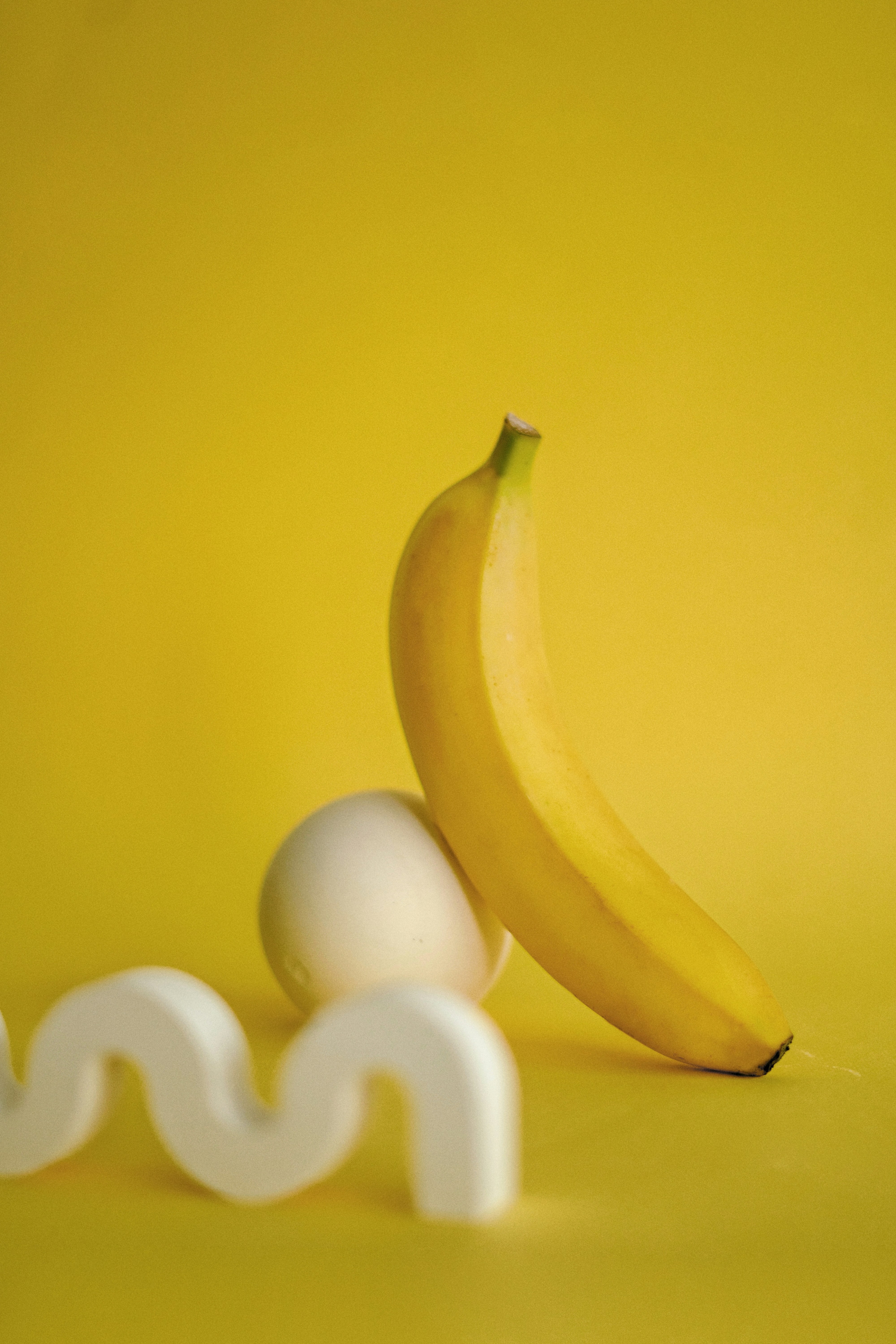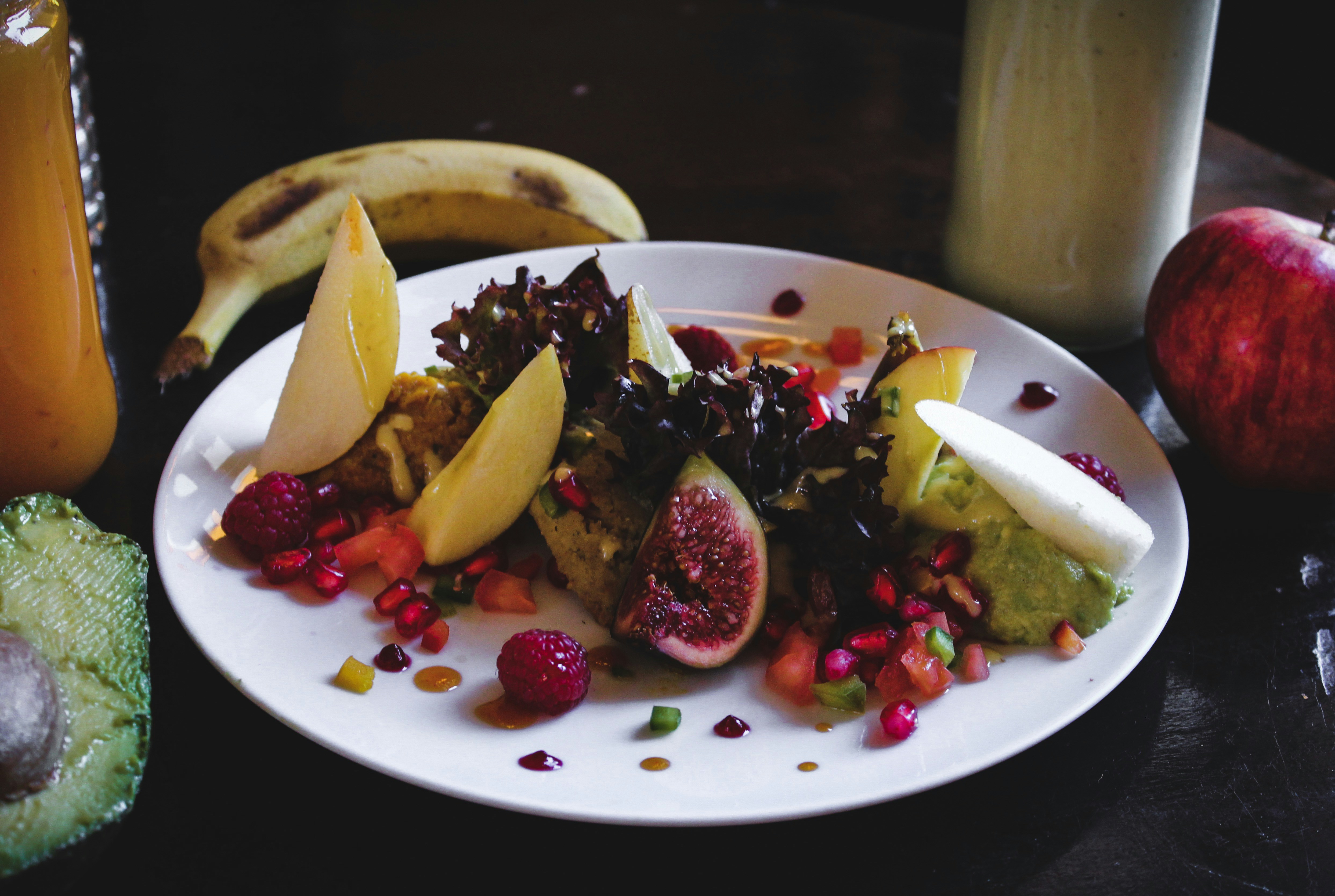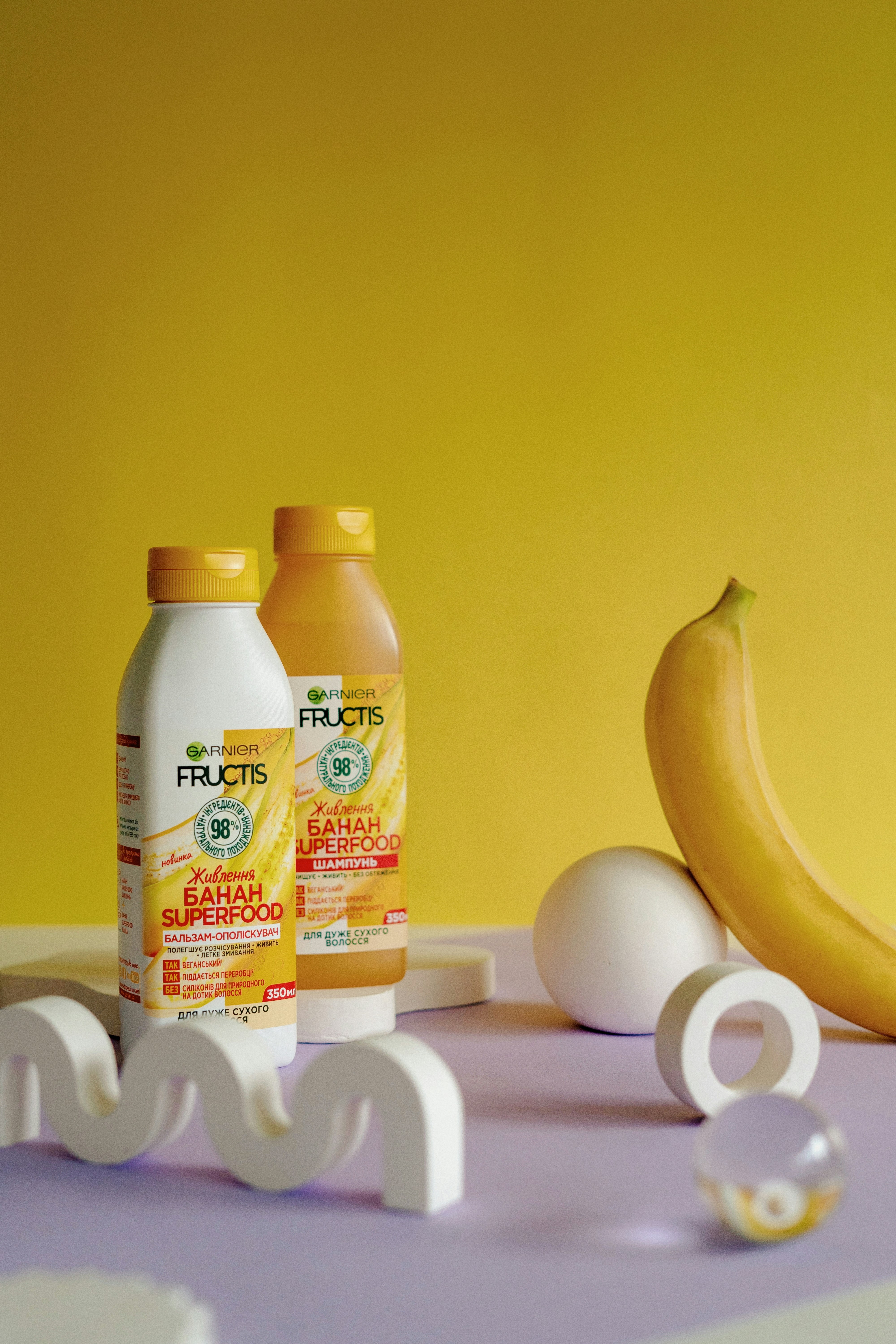Discover the precise calories and carbs in a medium-sized banana. Know its nutritional value, how it fits into a balanced diet, and factors affecting its content.
In this article, you will discover the precise number of calories and carbs contained in a medium-sized banana. As an increasingly popular fruit choice for those interested in maintaining a balanced diet, knowing the nutritional value of a banana can be beneficial for individuals seeking to make informed dietary decisions. By exploring the caloric and carbohydrate content of this commonly consumed fruit, you can better understand how it fits into your overall nutritional goals.

Caloric Content of a Medium-Sized Banana
Calories in a Medium-Sized Banana
A medium-sized banana typically contains around 105 calories. This makes it a low-calorie fruit option, especially when compared to other popular snack choices. However, it’s important to keep in mind that the calorie content may vary slightly depending on factors such as ripeness and size.
Calories in a Ripe Medium-Sized Banana
As a banana ripens, the calorie content increases slightly. A ripe medium-sized banana may contain approximately 120 calories. This increase in calories is mainly due to the natural sugars present in the fruit becoming more concentrated as the banana ripens.
Calories in an Unripe Medium-Sized Banana
On the other hand, an unripe medium-sized banana generally has a lower calorie content compared to a ripe banana. In this state, the starches in the fruit have not fully converted into sugars, resulting in a slightly lower calorie count. An unripe medium-sized banana typically contains around 90-95 calories.
Calories in a Frozen Medium-Sized Banana
Freezing a medium-sized banana can slightly alter its caloric content. When a banana is frozen, the water content inside the fruit expands and may cause a slight increase in calories. On average, a frozen medium-sized banana can have around 110 calories. It’s worth noting that this increase is minimal and should not significantly impact your overall calorie intake.
Carbohydrate Content of a Medium-Sized Banana
Total Carbohydrates in a Medium-Sized Banana
The primary macronutrient in a medium-sized banana is carbohydrates. On average, a medium-sized banana contains around 27 grams of carbohydrates. Carbohydrates are essential for providing energy to the body, making bananas a great choice for those looking for a quick and convenient source of fuel.
Dietary Fiber in a Medium-Sized Banana
One of the key components of the carbohydrate content in a medium-sized banana is dietary fiber. Fiber is crucial for maintaining a healthy digestive system and promoting feelings of fullness. A medium-sized banana typically contains around 3 grams of dietary fiber, which can help support regular bowel movements and keep you satiated throughout the day.
Sugar Content in a Medium-Sized Banana
While bananas are known for their natural sweetness, their sugar content is relatively moderate. On average, a medium-sized banana contains around 14 grams of sugar. These sugars are naturally occurring and are not the same as added sugars found in processed foods. Nonetheless, individuals with specific dietary concerns, such as those with diabetes, should monitor their banana consumption and consult with a healthcare professional if necessary.
Starch Content in a Medium-Sized Banana
In an unripe medium-sized banana, a significant portion of the carbohydrate content is in the form of starch. However, as the banana ripens, the starches gradually convert into sugars, resulting in a decrease in starch content. This is why ripe bananas are sweeter and have a higher sugar content compared to unripe ones.
Resistant Starch in a Medium-Sized Banana
Resistant starch is a type of starch that resists digestion, passing through the digestive system relatively unchanged. This type of starch has been linked to various health benefits, such as improved blood sugar control and increased satiety. While the exact amount of resistant starch in a medium-sized banana may vary, it is generally low compared to other food sources high in resistant starch.
Net Carbs in a Medium-Sized Banana
Net carbs refer to the total carbohydrate content of a food minus the fiber content. In the case of a medium-sized banana, the net carbohydrate content is approximately 24 grams. This can be a helpful metric for those following specific dietary plans that focus on carbohydrate intake, such as low-carb or ketogenic diets.
Other Nutritional Information
Protein in a Medium-Sized Banana
While bananas are not a significant source of protein, they do contain a small amount. A medium-sized banana typically contains around 1 gram of protein. While this may seem negligible, bananas should not be relied upon as a primary protein source. They are better suited as a carbohydrate-rich fruit to complement a balanced diet.
Fat in a Medium-Sized Banana
Bananas are naturally low in fat, with only a trace amount present in a medium-sized banana. The fat content is typically less than half a gram per banana, making it an ideal choice for those watching their fat intake. However, it’s important to remember that the fat content in bananas is minimal and should not be a significant consideration when incorporating them into your diet.
Vitamins and Minerals in a Medium-Sized Banana
In addition to providing energy and carbohydrates, medium-sized bananas also offer various vitamins and minerals. Bananas are a good source of vitamin C, vitamin B6, and potassium. Vitamin C is an antioxidant that helps boost the immune system, while vitamin B6 supports brain development and function. Potassium plays a key role in maintaining proper heart and muscle function. These vitamins and minerals make bananas a nutritious choice for overall health and wellbeing.
Glycemic Index of a Medium-Sized Banana
The glycemic index (GI) is a measure of how quickly a food raises blood sugar levels. Bananas have a moderate GI, varying depending on ripeness. Ripe bananas generally have a higher GI compared to unripe ones. However, the presence of dietary fiber in bananas can help slow down the digestion and absorption of sugars, resulting in a more gradual rise in blood sugar levels. This makes bananas suitable for individuals who need to manage their blood sugar levels.
Health Benefits of Eating Bananas
Regular consumption of bananas can offer several health benefits. Bananas are a rich source of potassium, which is essential for maintaining proper heart health and regulating blood pressure. The dietary fiber in bananas helps promote healthy digestion and may reduce the risk of developing gastrointestinal issues such as constipation. Additionally, bananas contain antioxidants that can support overall immune function and protect against cellular damage.
Potential Downsides of Consuming Bananas
While bananas are generally a healthy food choice, there are a few caveats to consider. As mentioned earlier, individuals with diabetes should be mindful of their banana intake due to the naturally occurring sugar content. Additionally, some individuals may be allergic to bananas or experience digestive discomfort when consuming them. As with any food, it’s important to listen to your body and consult with a healthcare professional if you have any concerns or experience adverse reactions.
Factors Affecting Caloric and Carbohydrate Content
Ripeness of the Banana
The ripeness of a banana can affect its caloric and carbohydrate content. As a banana ripens, the starches in the fruit convert into sugars, resulting in an increase in calories and sugar content. For those looking to minimize calorie and sugar intake, opting for slightly unripe bananas may be a more suitable choice.
Size of the Banana
Size also plays a role in the caloric and carbohydrate content of a banana. Larger bananas tend to have slightly higher calorie and carbohydrate counts compared to smaller ones. It’s essential to consider portion sizes and adjust accordingly based on your dietary needs or goals.
Cooking or Processing Methods
The caloric and carbohydrate content of a banana can be influenced by various cooking or processing methods. For instance, when a banana is blended or used in baking, additional ingredients may be added, potentially increasing the overall calorie and carbohydrate content. Similarly, frying or adding sweeteners to a banana can alter its nutritional composition. It’s important to be mindful of the preparation methods when incorporating bananas into meals or recipes.

Comparison to Other Fruits
Caloric and Carbohydrate Comparisons to Other Fruits
When compared to other fruits, bananas are relatively moderate in terms of calories and carbohydrates. For example, a medium-sized apple typically contains similar calorie content to a medium-sized banana, while berries tend to have lower calorie counts. As for carbohydrates, bananas are on par with apples and slightly lower compared to fruits such as grapes or melons. It’s worth noting that the specific values may vary depending on the size and ripeness of the fruits being compared.
Conclusion
Medium-sized bananas provide a low-calorie and nutritious option for individuals looking to incorporate fruits into their diet. With a balanced profile of carbohydrates, vitamins, and minerals, bananas offer several health benefits, including supporting proper digestion and providing essential nutrients. By understanding the caloric and carbohydrate content of bananas and considering factors such as ripeness and size, you can make informed choices when including bananas in your daily meals and snacks. Remember to listen to your body and consult with a healthcare professional if you have any specific dietary concerns or individual needs.



